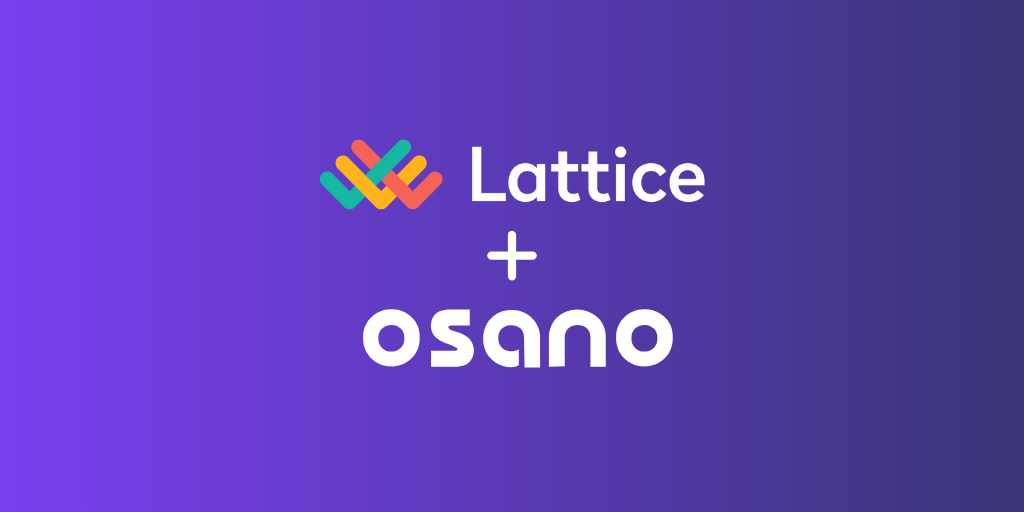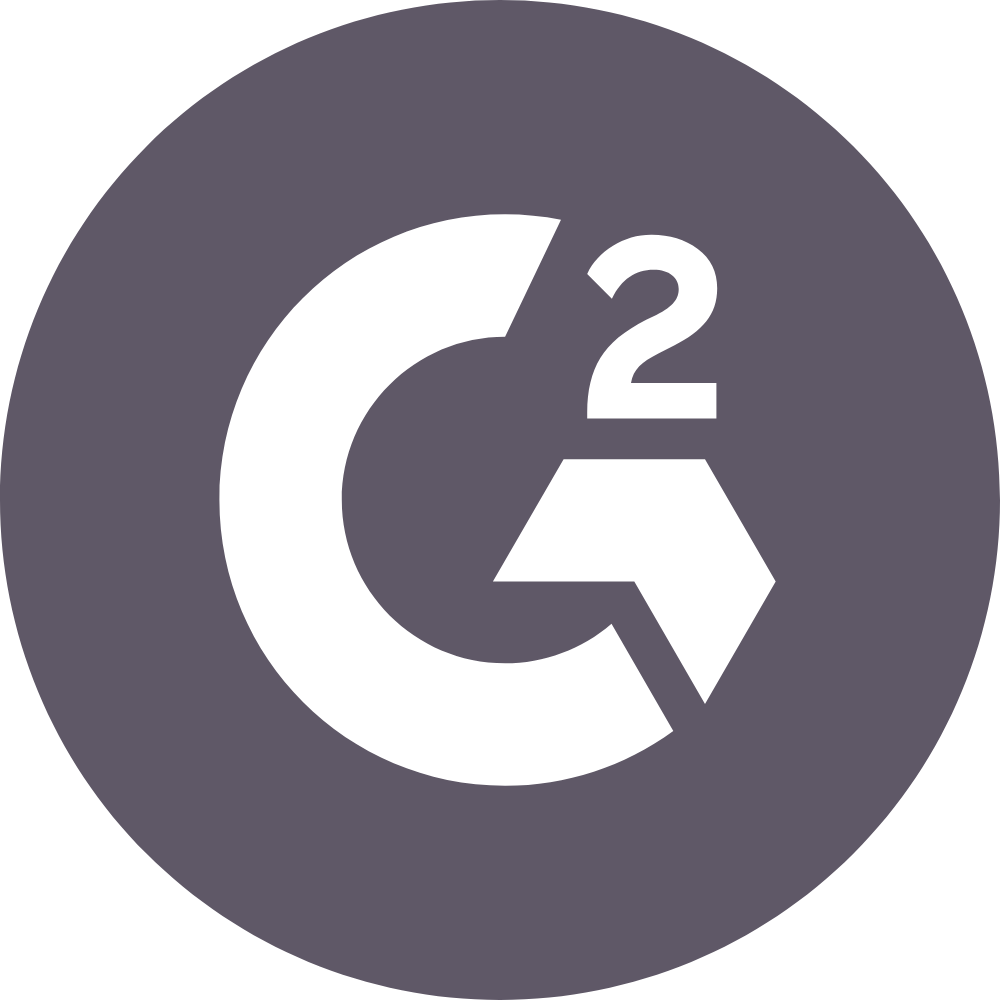Why Automate Your Data Privacy Management With Osano?
Managing data privacy is important. Your business relies on it and so do your customers. Automating data privacy management makes it quicker, simpler, and more accurate. Here are some ways in which Osano can benefit your business.
Efficiency and Cost Savings
Whenever you automate a task you were doing manually before, you free up an employee’s time. Privacy, especially, can take up a lot of time. The thing is, most of the related tasks can easily be automated.
Data mapping is time-consuming if a person does it. Delegate it to Osano, and the process becomes faster and more accurate.
Data privacy management consists of many such repetitive tasks. Consent and data subject rights management, DSAR workflows for summary and data deletion, and privacy impact assessments (PIA) are just some of them.
Automating them not only improves your compliance with data privacy regulations, it makes your organization more efficient. That, in turn, saves you from shelling out money for fines resulting from non-compliance.
It also helps you avoid costly data breaches that are expensive to remediate and will likely lead to penalties if it turns out that the breach was due to improper data protection measures.
Improved Compliance
Data privacy regulations require you to manage consumers’ personal information responsibly. If your business is spread across multiple states, or countries, you must keep track of the differences in regulations across each jurisdiction.
Osano helps you comply with the privacy regulations of more than 50 countries. By automating your data privacy management process with Osano, you can adjust your data privacy operations to comply with all the jurisdictions under which you operate.
Easy Scalability
The data requirements of businesses are growing. The data created, consumed, and stored in 2010 was 2 zettabytes—compare that figure with the projected 181 zettabytes in 2025. That’s quite a leap from 2020 when it was 64.2 zettabytes.
This volume of customer data can be difficult to manage manually. Automation with Osano can help your business maintain privacy practices consistently, even across rapidly growing information banks.
Consistency in Data Privacy
As a business, you will have your own set of data privacy policies and handling procedures. However, sometimes, expecting people to follow them can result in inconsistencies.
Everyone can have their own interpretation of the rules. Some people might not follow all the required steps. Plus, there’s always good old human error.
Using the Osano data privacy management software for automation will give you more consistency and accuracy every time.
Faster Response to DSAR
According to the fair information privacy principles, you’re obliged to respond to any data subject access request within a reasonable time.
If you’re doing it manually, someone will have to find the data, verify it belongs to the person who requested it, ensure that’s all of it, and send it over. If the data subject wants to amend or delete their personal information, that’s another task.
Automating the process with Osano makes it much quicker and easier, which helps improve your relationship with your customers.
Greater User Trust
Your reputation with your customers doesn’t just rely on how quickly you respond to them. It’s also dependent on how well you protect their data privacy rights and how seriously you take your data management responsibilities.
Reliable data privacy software like Osano helps you get on top of your data privacy tasks. It also helps you stay compliant with regulations. In short, it helps you follow through with your responsibilities smoothly and efficiently, keeping your customers happy.
Better Protection for Customer Data
While you do want to follow regulations to avoid fines, your focus on protecting user data isn’t just to tick some boxes. You value your customers and protecting their data is your responsibility.
Investing in the Osano data privacy management software is going that extra mile to keep your customers and their information safe.
Managing Vendor Risk
If you’re sharing customer data with third parties, you must also make sure you can trust them to keep it safe.
Privacy management software such as Osano can help you identify trustworthy vendors, assess their privacy practices, and monitor them for legal troubles or changes in their privacy policies.
It also gives your teams a single point where they can view vendor information, such as their litigation history and data privacy score. This helps them make informed decisions without wasting time on doing legwork that’s already been done.
Audits and Accountability
Using Osano to manage and track your data privacy activities helps create a documented audit trail that can’t be tampered with.
You get automatically generated audit logs with records of how personal data was handled. The platform centralizes data subject access requests and streamlines the entire DSAR workflow.
You’ll gain a record of consumer consent and consent changes, and Osano also serves as a single repository of past and ongoing privacy assessments.
In short, you have complete documentation of your processes for regulatory audits.
Simplify Data Privacy Compliance With Osano
Data privacy regulations are becoming more stringent and widely implemented. Numerous states have implemented laws protecting customer data, and the number is expected to rise.
Future-proof your business with the comprehensive data privacy protection that comes with Osano. Let us support, streamline, and automate compliance for your business.
Our solution is extremely easy to use and gives you complete control over data compliance. We keep track of your local privacy regulations, so you don’t have to.
Whether you’re a small business on track for exponential growth or a large enterprise, Osano can help you.
Frequently Asked Questions About Data Privacy Management
What Is Data Privacy?
Data protection has two important components: data privacy and data security. While security handles the safeguarding of data, privacy gives people ownership over what data they want to disclose and how it should be handled or shared.
One of the key ways that data privacy regulations give people ownership over how businesses handle their data is by requiring businesses to secure consent first. Under some regulations, businesses need to ask you for your data before they can collect it. Other regulations just require businesses to inform you of the collection and give you the choice of opting out.
Data privacy is also responsible for identifying what consumer data should be prioritized for protection.
Not all information is equally valuable. For example, when you meet someone for the first time, they might happily share their name. However, they might not be too keen to share their social security number or health records. Or, even their address.
It is the same for when your business collects customer information. You might store their personal information, but it needs to be categorized so you can determine how well it should be protected.
Another aspect of data privacy is that the customer should be able to see their data, correct it if it’s not updated, and ask for it to be deleted if they wish to revoke consent.
The best practices for data privacy and collection are covered in the fair information privacy principles in greater detail. Let’s take a look at what they say.
What Are OECD’s Fair Information Privacy Principles?
The Organization for Economic Cooperation and Development (OECD) set up the privacy principles in 1980. These eight principles provide guidance on the collection, management, and sharing of personal information and have been used as the basis for any privacy laws established since then.
Here they are:
#1: Collection Limitation
If you collect personal data from users, what and how much you collect should be within reason. Also, it should be obtained through lawful and fair means, with the knowledge and consent of the data subject.
#2: Data Quality
Any personal data you collect from your users should be accurate, complete, and kept up to date. It should also be relevant to the purpose of the collection.
#3: Purpose Specification
The user should be made aware of why the data is being collected at the time of collection. The information can’t be used for anything else unless it is compatible with the original purpose.
If the intended purpose changes, the data subject must be notified. Additionally, the new purpose can’t conflict with the original use.
#4: Use Limitation
If you use personal information collected from users, it should only be for the purpose for which it was collected. It cannot be used for anything else.
#5: Security Safeguards
You must have reasonable security safeguards. Personal information should be protected from risks such as “loss or unauthorized access, destruction, use, modification, or disclosure.”
#6: Openness
If you’re collecting personal information from users, you must be transparent about the entire process. The data subjects should be informed of what you collect, why you need it, and how you’ll use it. They should also know who’s responsible for managing it.
#7: Individual Participation
This principle explains how the data subject has rights over their data that you, the data controller, have stored.
First, they have the right to know you have their information. You should inform them of what you’re collecting when you ask for their consent at the time of data collection. You’re also obliged to confirm it if they inquire whether you have their private information.
They can ask for (and should receive within reasonable time) the details of their information in a reasonable manner and in a form they can understand. You can charge for this service, as long as it’s not an excessive amount.
If their information is wrong or incomplete, they should be able to have it erased, rectified, completed, or amended.
And, if your organization chooses not to provide or denies access to their data, you have to provide a reason. Of course, the user has the right to challenge your reason.
#8: Accountability
As a business that stores user information, you are responsible for following all the privacy rules and guidelines to keep it safe. You must have adequate measures to protect the data and be transparent about how you collect and use it.
You should also have provisions to amend the user information if they request it.
It’s your business that’s obliged to follow these regulations. If the business—or the data controller—doesn’t uphold these principles, they might face consequences.
Why Do You Need A Privacy Management Tool?
Businesses are being pulled in two directions: On the one hand, they have to collect information from customers to refine their service and product offerings. But, on the other hand, they are compelled to uphold the rights of data subjects and to protect their information by law.
Data privacy helps you keep your customers’ information safe and comply with regulations.
Data is being called “the new oil” because—let’s face it—it is valuable. You need it to stay competitive. But equally, you must justify why you collect what you collect because indiscriminate data collection is the enemy of data privacy.
The people whose data you store must know exactly what you’re storing and give explicit consent for you to do so. If, at any point, they want to revoke their consent, you are obliged to honor their request.
We already have laws about it, such as the GDPR and CCPA. However, there are other developments that make data privacy more of a priority.
These are:
- Google consent mode
- Generative AI regulations
- State-led privacy laws
- Chrome prioritizing web browser privacy
What Is Google Consent Mode?
The search giant is extremely serious about tracking and managing consent. Google consent mode requires businesses to get explicit permission from users for their information to be captured.
If the users decline or opt out, you cannot collect their data or track them across the internet.
To serve ads through Google AdWords or earn AdSense revenue in Europe, you must integrate with an approved consent management platform (CMP), like Osano.
Businesses that haven’t integrated a vetted CMP have reported getting error messages when they log into AdWords.
Google might even broaden the scope of consent mode to cover SEO in general by making it a part of a website’s trust signals.
While search mode is enforced in Europe and the UK, it’s not yet required in the USA. However, as various states come up with data protection regulations, this might become important soon.
What Are Generative AI Regulations?
The use of artificial intelligence is becoming more mainstream. Organizations are using it to automate tasks, including powering chatbots as the first line of customer support.
AI is personalizing communications and services for customers.
It can quickly analyze vast amounts of data for businesses. Industries like healthcare, insurance, finance, and recruitment use it to make decisions based on its findings.
The problem is, to train AI, you need to provide it with a lot of information. Often, this is data collected from customers. If it is not governed and trained appropriately, it might reveal personal information used in its training data.
And, if this data is biased in any way, the AI system could end up making unfair decisions.
Global privacy standards and consumer privacy acts such as the EU AI Act and GDPR provide guidance on AI governance, training methods, and ways to reduce bias in algorithms. These ensure that the data is being used, managed, and stored responsibly.
As artificial intelligence technologies develop, so will the regulations around them. Investing in comprehensive data privacy now will save you the extra work of trying to comply with the regulations later.
How Do State-led Privacy Laws Affect Your Privacy Compliance?
We mentioned the CCPA earlier, which is a privacy law enacted by the state of California. As of now, the USA doesn’t have a national data privacy law to protect consumers, but individual states are trying to fill that gap.
Currently, 20 US states, including California, have their versions of data privacy laws, and the number is expected to increase. Not having a data privacy framework for your business might put you at a disadvantage.
What Is Chrome’s Position on Third-Party Cookies?
Third-party cookies are small bits of code that websites store on a user’s computer. They don’t come from the website they visit—hence the name. These are installed by third parties.
The purpose of these cookies is to track the activity of the user as they browse the internet. Then, based on their browsing behavior and history, companies can show users relevant ads.
So, why are these cookies so controversial?
These files are usually installed without the user knowing, which means their information—what websites they visit, what products they look at—is being collected without their permission.
Consumers and data privacy advocates don’t like this violation of user privacy. That’s why Google had announced it would remove third-party cookies from its Chrome browser. This was a phased rollout that began on January 4th, 2024, and was scheduled to be implemented across 100% of its users by the third quarter of the year.
However, this decision has since been reversed. Instead, the search giant will offer Chrome users more control over their web browsing privacy. Google claimed it “would introduce a new experience in Chrome that lets people make an informed choice that applies across their web browsing, and they’d be able to adjust that choice at any time.”
However, the specifics of this new approach have yet to be described.
It is important to note that Chrome holds over 65% of the browser market share worldwide and over 54% in the USA.
Even though third-party cookies are still an option in Chrome, digital marketers should still explore new ways to track user data to stay on the right side of regulations and secure consumer trust.
Businesses must collect first-party data if they want to track their customers. Of course, any data they collect will have to be managed according to data privacy regulations.
That makes consent management platforms like Osano all the more important.
.webp?width=1220&height=1090&name=Osano-guarantee-seal%20(1).webp)













/Cookie%20Consent/Hero-cookie-consent.png)
/UC/Hero-unified-consent%20(1).png)
/Data%20Mapping/Powerful-visualization-data-mapping%20(1).png)
/Subject%20Rights%20Management%20(DSAR)/Switchback-1-subject-rights.png)
/Vendor/Hero-vendor-risk%20(1).png)



